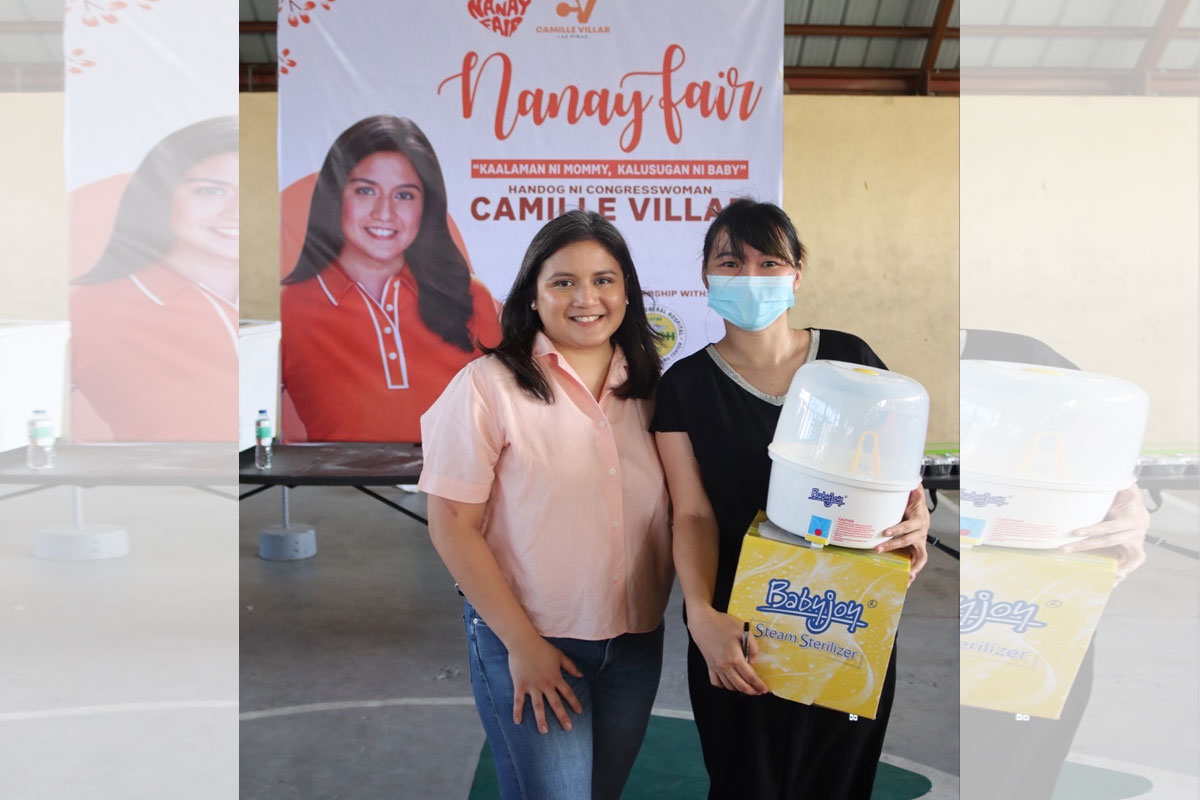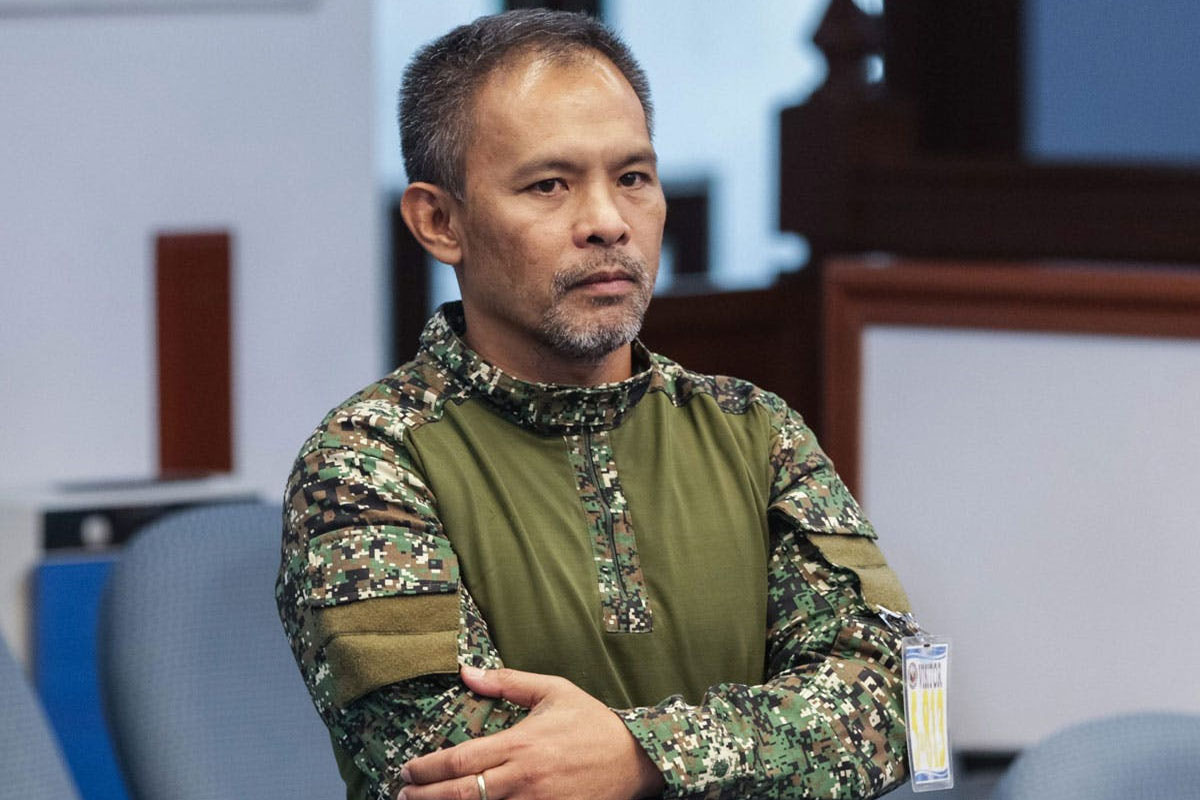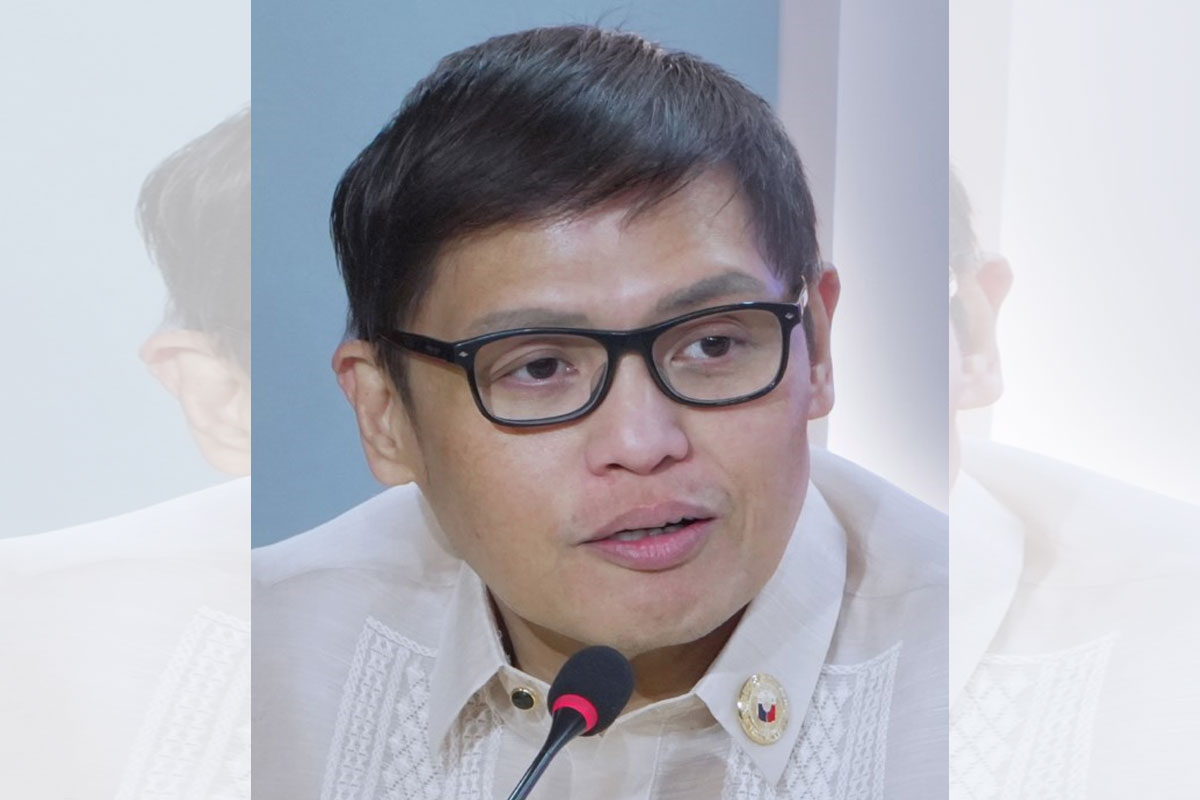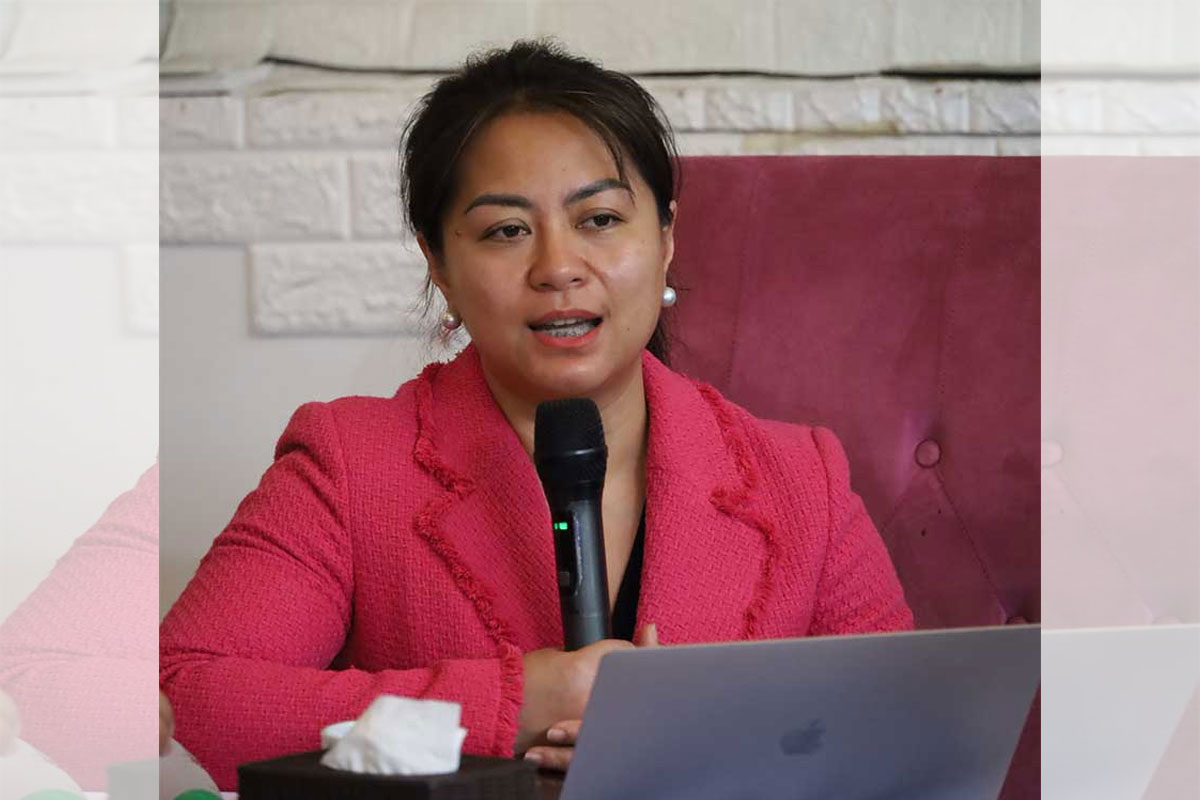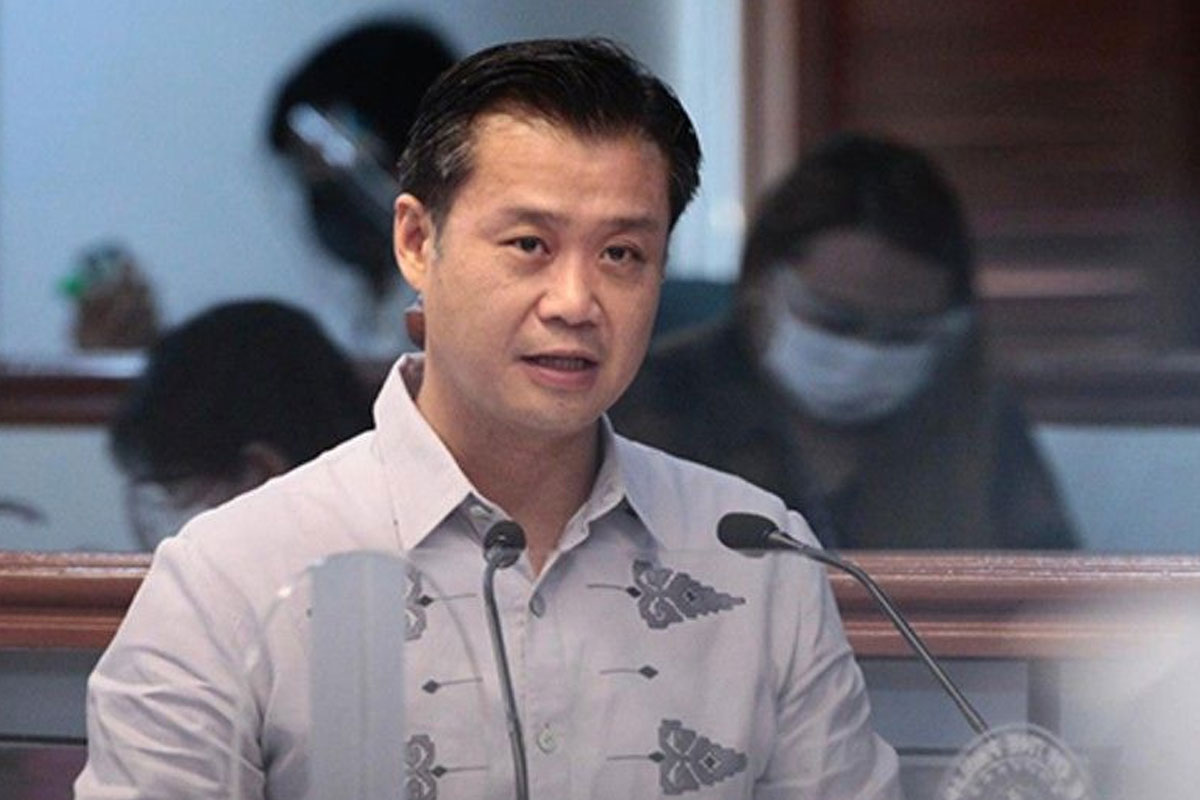
Solon: PH needs climate-resilient public structures
RIZAL Representative Fidel Nograles said the national government must ensure that the country’s infrastructures can withstand the harsher effects of the climate.
Earlier, some private developers pledged to construct one million square meters of climate-resilient structures either through retro-fitting or new builds.
The pledged projects will be evaluated for resilience by using the global development institution’s Building Resilience Index, an online hazard mapping and resilience assessment tool, the International Finance Corp. said.
“It’s great that the private sector is committing towards providing safe havens for the people. Hindi dapat magpaiwan ang pamahalaan — tayo dapat ang nangunguna sa usaping ito,” Nograles said.
With the country suffering regularly from the hazards of a worsening climate, the government should focus on improving the resiliency of roads, buildings, schools, and other infrastructure during natural disasters.
Due focus should also be directed towards securing the country’s food systems particularly against floods, the lawmaker added.
“We should have already started our adaptation efforts, bearing in mind the IPCC report that stronger cyclones will be inevitable because of human-induced climate change,” Nograles said.
Earlier this month, the Intergovernmental Panel on Climate Change — a panel of climate scientists convened by the United Nations — warned that the earth’s average temperature will likely breach the 1.5-degree Celsius warming threshold within the next 20 years, resulting in more extreme weather events.
The solon said he would ask the Department of Public Works and Highways and other concerned agencies about their plans to incorporate climate resilience during the deliberations for the 2022 national budget.
“Seryosong usapin ito at buhay ang nakasalalay. I really hope that we realize the need for urgent and comprehensive action to protect our people from the adverse effects of our worsening climate,” Nograles said.





